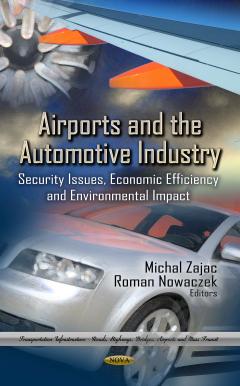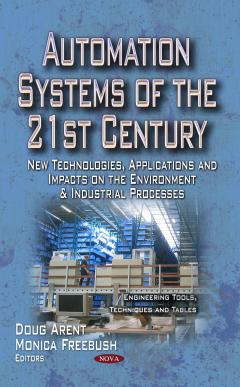Automobiles and the Automotive Industry: Emerging Technologies, Environmental Impact and Safety Analysis
The global automotive industry has become one of the most important and strongest drivers of economic stability. Innovation and diverse models, global appeal and fuel efficiency are just some of the major strengths of the global auto industry. Furthermore, the automobile is possibly the most massively manufactured sophisticated product among those produced in mechanical engineering. More than 60 million automobiles are produced each year. A number of countries were discussed in this book and the historic evolution, modular unification and globalization of the integral manufacturing industry were examined. Furthermore, the increasing use of polymeric materials, rubbers and chemical fluids, like mineral oils or brake fluids in the automotive industry, demands analytical techniques for the identification of high molecular weight organic compounds. This book describes application examples of gas chromatography/mass spectrometry and pyrolysis in the failure analysis for the identification of those chemical materials used in automobiles. Finally, the last chapter discusses the use of discrete event simulation as a tool to aid decision making for the integration of RFID [Radio Frequency Identification] in a manufacturing system such as with automobiles.
{{comment.content}}








 京公网安备 11010802027623号
京公网安备 11010802027623号